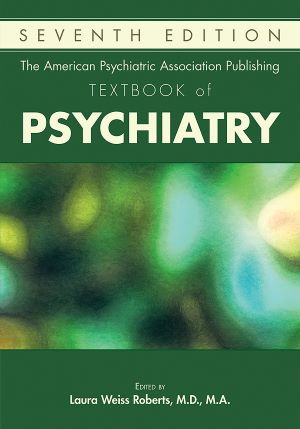Chapter 41.Children and Adolescents
Sections
Excerpt
In this chapter we focus on psychiatric treatment of children and adolescents and how it differs from treatment of adults. Expanding research has led to more specific empirically tested interventions for youth. Childhood psychopathology and disorder-specific treatments are discussed in Part II of this textbook (see, e.g., Chapter 9, “Neurodevelopmental Disorders”). Throughout this chapter, unless otherwise stated, the terms child and children include adolescents. Parent is used for the parent, guardian, or responsible adult. The goals of all treatments are to reduce symptoms, to improve emotional and behavioral functioning, to remedy skill deficits, and to remove obstacles to normal development. In contrast to the treatment of adults, a child is usually brought by someone else, and in each instance there are at least two persons, the parent and the child, whose perceptions of the problem and goals for treatment often conflict. Compared with adults, children have less control over their lives, and they are required to attend school.
Access content
To read the fulltext, please use one of the options below to sign in or purchase access.- Personal login
- Institutional Login
- Sign in via OpenAthens
- Register for access
-
Please login/register if you wish to pair your device and check access availability.
Not a subscriber?
PsychiatryOnline subscription options offer access to the DSM-5 library, books, journals, CME, and patient resources. This all-in-one virtual library provides psychiatrists and mental health professionals with key resources for diagnosis, treatment, research, and professional development.
Need more help? PsychiatryOnline Customer Service may be reached by emailing [email protected] or by calling 800-368-5777 (in the U.S.) or 703-907-7322 (outside the U.S.).



